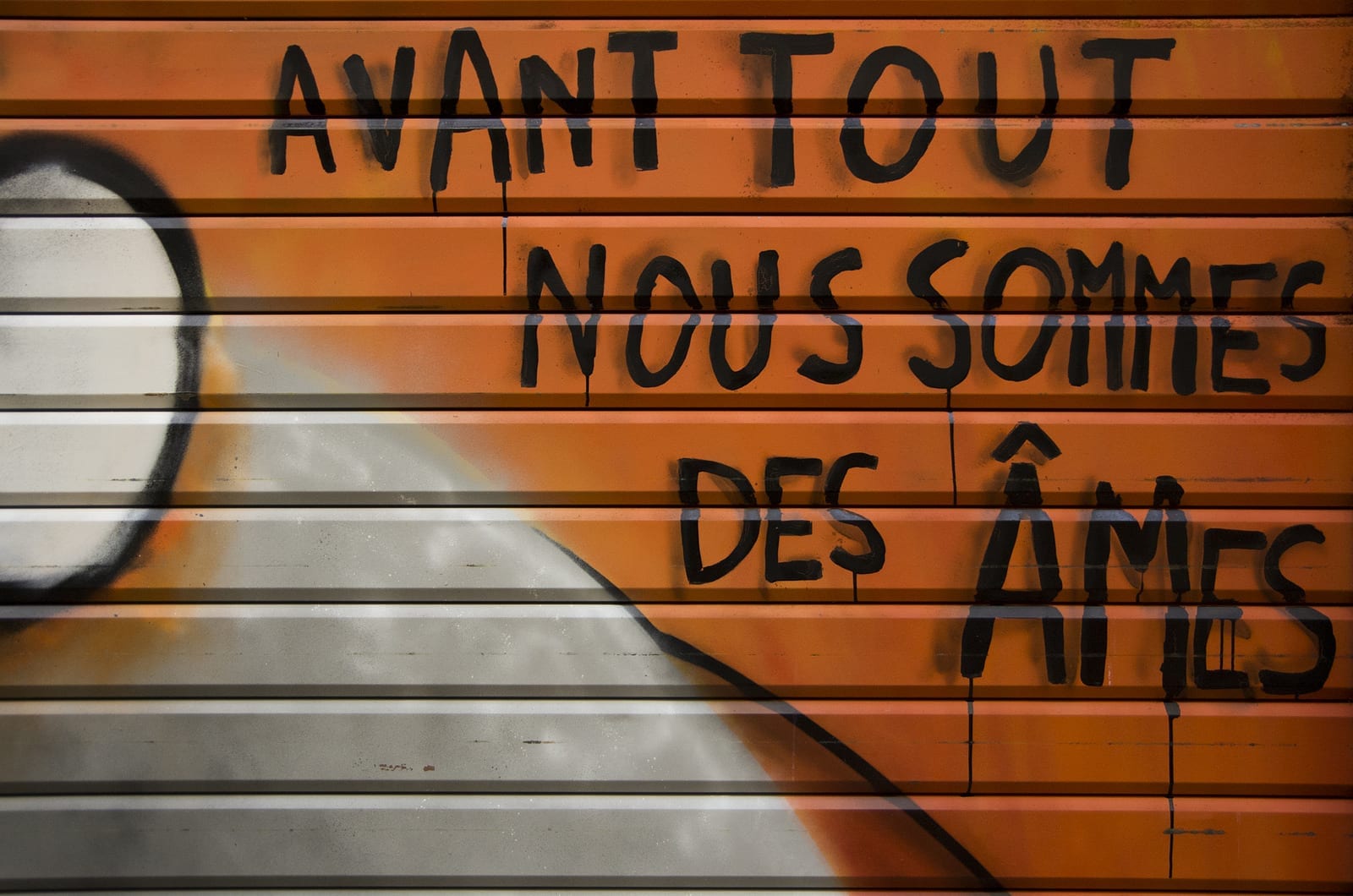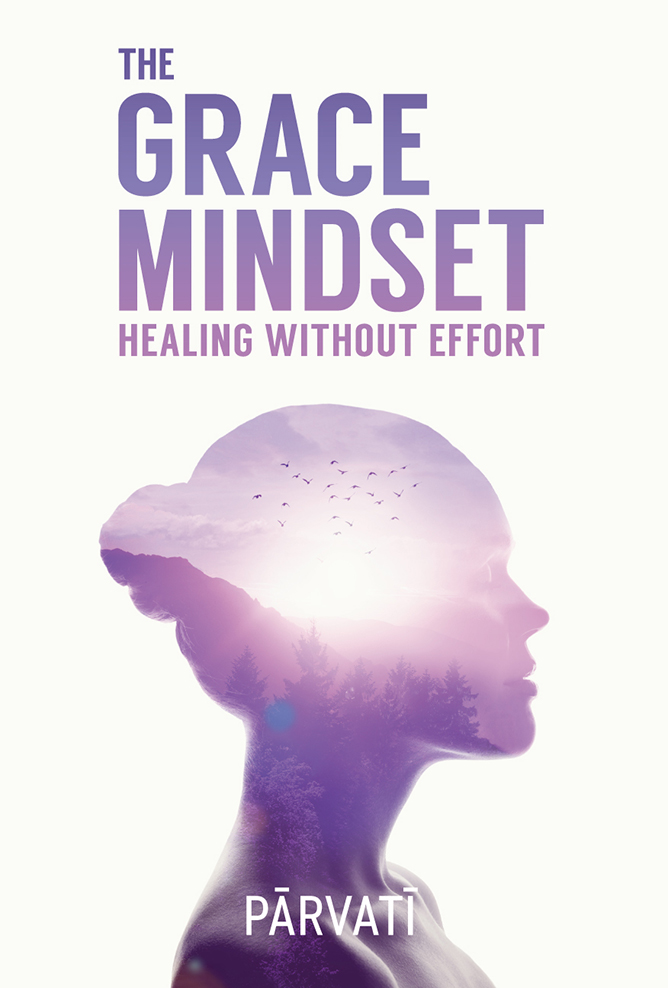Freedom of Speech in an Interconnected World
Avant tout, nous sommes des âmes: Freedom of Speech in an Interconnected World
We are blessed to live in a society where we have the right to read this blog. As I mentioned when I shared the story of a young girl who fled North Korea a few weeks ago, there are nations around our globe where rights that we take for granted are not an option for people like ourselves. Though last week I said I would post part two of “How To Succeed at your New Year’s Resolution”, I will do so next week.
Instead, I feel the need to touch upon this week’s brutal murders in Paris of five satirical cartoonists (and seven others). I extend my deep compassion for all those who have and are suffering through this – those grieving the loss of their loved ones and those driven to such violent acts, blinded by hate. The horror of the incident has led me to look more deeply at the power of speech, at our responsibility to use it wisely and at the way we are all connected.
At the same time, I have just learned about the devastating tragedy in Nigeria in which Boko Haram, an organization against democracy and education, has killed as many as 2000 people – mostly the elderly, women and children – over a six day rampage. Freedom of speech is a basic human right that must be cultivated and protected through greater understanding, wisdom and compassion. May all people everywhere experience this.
WHAT IS FREEDOM OF SPEECH?
Dictionary.com defines freedom of speech as “the right of people to express their opinions publicly without governmental interference, subject to the laws against libel, incitement to violence or rebellion, etc.” Many have died before us to secure this right, freeing themselves from oppressive rulers and unjust laws. We are indeed graced because we have this right.
During this week’s CBC radio call-ins, I heard many opinions about the subject, from people wishing that the Paris gunmen had respected the artist’s right to freedom of speech and had chosen to go through the legal systems to voice their discontent, to people who shared the gunmen’s disgust at the artists’ expressions. After listening for some time, I was left with an overwhelming feeling that I was not part of the most pertinent discussion. Perhaps more at the heart of the matter, the question would be: is the incident in Paris showing us that it is time to deepen our understanding of the meaning and responsibility of freedom of speech? What is true freedom of speech?
For some, exercising this freedom may mean that they have the right to think, feel, say or do whatever they want, whenever they feel like it, and wherever they wish, without government interference and within the law. I appreciate this perspective. Yet I am left feeling that while this was part of our cultural evolution that moved us beyond oppression, in our world coloured by the co-existence of many races and creeds, it may be only part of the picture. A law that protects citizens from government interfering with our freedom of expression should not be confused with the right to act in ways that cause harm to others.
From a spiritual perspective, lasting freedom comes from the cessation of wanting, which gives rise to the realization of our inherent unity. Freedom of speech may be less about having the right to say what we want, and more about cultivating the inner awareness to express our unique soul voice that is, in essence, at one with everything. As such, part of freedom of speech is the need to cultivate the awareness of the effects of our actions, speech and thoughts, so that they may serve the highest good of all. When we are truly conscious of how our actions, thoughts and words affect the world, and when we fully understand how we are connected to everything, we can only choose compassion. To do anything else would cause harm, which is to harm ourselves.
Everything that we think, feel, say or do is a part of a greater whole. No one is an island. We are vastly, wisely and compassionately interconnected to a far greater consciousness than that of our limited ego or will. In this way, everything we think, feel, say and do both reflects and affects all within our universe. It influences the trajectory of evolution, and participates in a growing, changing, alive universe. Whenever we think, feel, say or do something, we affect the world around us.
When we understand that we each are moving towards lasting freedom by bearing witness to the limitations of our ego and by embracing our interconnection as one Earth family, we realize that through our choices, we can either support or interfere with others along the very same journey.
Ancient texts share sacred teachings by enlightened beings. They wisely guide us in how to navigate the tricky waters of the world that easily feed our ego, and fill us with wanting. The Nazarene said, “Judge not, lest ye be judged” and “Love your neighbour as yourself.” The day before the Paris shooting, I shared a quote on my Facebook profile by His Holiness the Dalai Lama. Though he has lived through seeing his homeland invaded and his people brutally tortured, he remains rooted in his wise and compassionate advice: “Be kind whenever possible. It is always possible.”
SERVING THE GREATER WHOLE
As a musical artist, author, teacher, yogi and activist, I am inspired by how my voice can serve the greater whole. My creative spark is less about what I need, and more about how what I do affects everyone. As I shared in a previous blog (Art as Soul Food), it is my belief that with the strength of current technology and the power of our media and communication tools, the role of the artists to be responsible and conscious in what they put forward has never been more potent.
In which way did the French cartoonists serve humanity, support evolution and engender compassion and freedom? Though the French have had a tradition of satirical comedy since the French Revolution in 1789, perhaps it is time to reconsider the power and role of art and freedom of speech in 2015.
I am a deep lover of the avant garde, and the power of art to push boundaries, open minds and create change. I also know that people grow when they feel inspired. Challenged, sure, but not threatened. Did the cartoonists’ works conjure aggression, cause suffering or enlist violence and hate? Were they born and shared from the awareness of our interconnection, with the desire to serve the greater whole? Were they intended to poke holes, undermine esteem, cultivate ill-will and dissent? Was the art reflective of France’s national motto: liberté, egalité et fraternité (liberty, equality and brotherhood)? Only the artists, now in their graves, could answer.
During one interview on CBC Radio, I heard a university professor share that freedom of speech was intended to rile people up, to even incite anger. I listened in awe. Why would we value a right that has that intention?
The issue may be that the cartoons seemed to cause pain for a certain group, and a subset of that group chose to express pain as violent rage. One of the cartoonists had a police escort and the artists were aware that they were upsetting people. Responding to the unrest with more irritation does not justify violence. That which causes pain, creates more pain. Pain can be like a virus seeking to perpetuate itself. To stop the perpetuation, we need to remember that someone who acts out of pain cannot see clearly and requires compassion. Compassion is not living as a mute or impotent in the midst of violence. Compassion asks us to be non-violent in the presence of violence.
If we are to live in a peaceful world where we enjoy the freedom of expression, we need to consider the ways in which our thoughts, words and actions may incite violence – even on a subtle level. The dictionary definition at the beginning of this blog posting suggests this – that freedom of expression is subject to question of whether the expression incites violence. If I could add a refresh to the definition of freedom of speech, I might offer:
“Freedom of speech is the right of people to express their opinions publicly without governmental interference, in a manner that does not create suffering.”
The sobering reality is that our choices have power. Because we are all connected, we must use that power wisely.
It is my prayer that the already present anti-Islam bigotry that exists in the world today does not gain traction through these incidents in Paris and Nigeria. Violence exists within all people of all faiths. We must not let a cluster of sour grapes ruin the batch of proverbial wine. There are many loving, compassionate Muslims worldwide who are deeply shaken by and do not condone the atrocities of extremist groups. Amidst the satirical cartoons and the current anger and fear, we may lose sight of the beauty of the sincere faith and love within the Muslim tradition. Shakespeare said it so succinctly when he said, “A rose by any other name would smell as sweet.” Whether or not the word “rose” was spoken, the flower would remain sweet and beautiful. Even when mocked, it is no less a flower.
The Paris tragedy may be a call to consider the power and responsibility in having freedom of speech. It may be showing us how we are all connected, that everything we do is part of a greater whole. As such, it may be a call for more tolerance, to see a bigger picture and to cultivate deeper understanding and compassion. Any thoughts, words or actions that arise from unrest will eventually cause harm to ourselves and to others.
EXERCISE
I invite you to move through your week considering the power of your thoughts, speech, and actions. Prior to saying or doing something, ask yourself these three simple yet powerful questions:
- Is it true?
- Is it kind?
- Is it necessary?
Think of these as the Three Gates, allies along your path to wholeness.
For more on the power of speech, you may find of value my article When To Speak in Parvati Magazine, my five part blog series called The Voice – To Speak or Be Silent, and my three part blog series Shanti Om: Living and Acting In Peace.
Love,
Parvati








